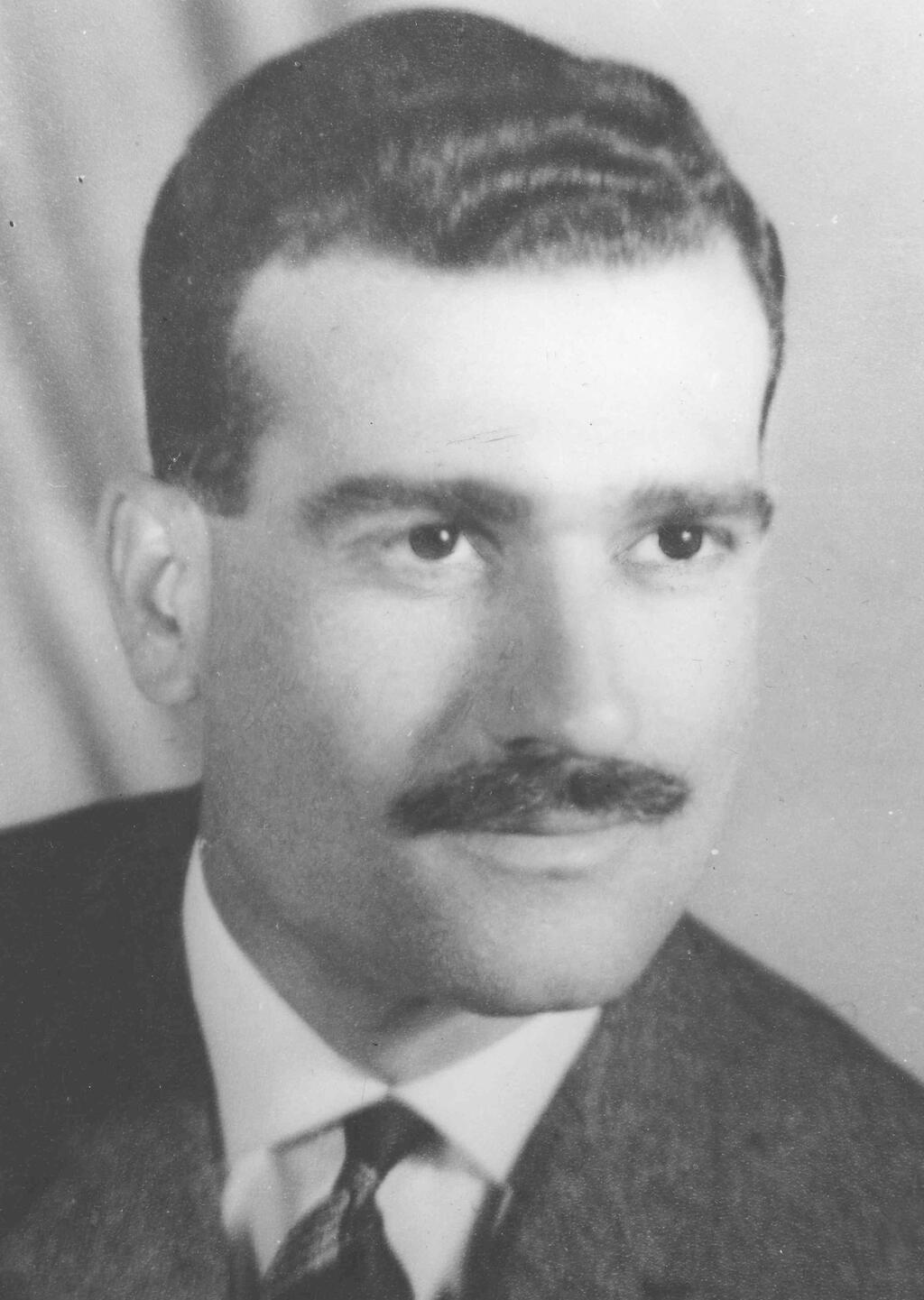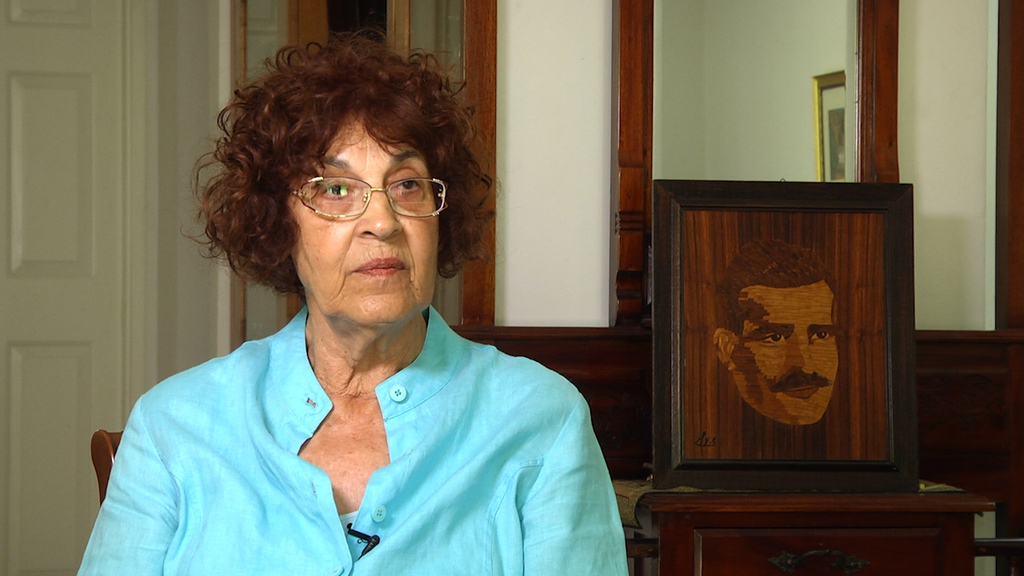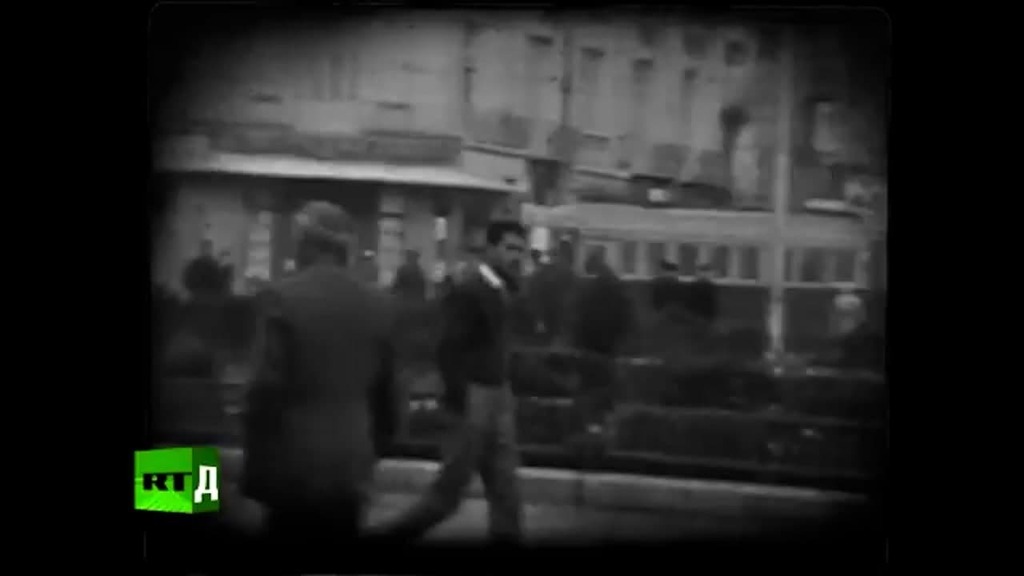Getting your Trinity Audio player ready...
The widow of executed Israeli spy Eli Cohen on Monday appealed to Russia to recover her late husband's bones after reports surfaced online over the weekend Russian troops were searching for his remains.
"I want to believe that we're not getting our hopes up for nothing," Nadia Cohen told the Ynet studio in an interview. "I ask the Russians for help, use your capabilities to bring him back to be buried in Israel."
Cohen’s comments come after a report in the Ray Al-Youm Arabic news website that said that in recent days, Russian soldiers in Syria had stepped up efforts to find the remains of the spy and arrived at the cemetery of the al-Yarmouk refugee camp in southern Damascus several days ago.
Although Ray Al-Youm is considered a credible source, it has previously published incorrect reports about searches for Cohen's remains.
"I would very much like to believe [the veracity of the reports], It gives us hope and I'm hoping these are not just castles in the air and that there is real interest in bringing him to be buried in the Land of Israel. It was his last request, if not in life, surely in death," she said.
Working under the alias Kamel Amin Thabet, Cohen began his clandestine activities in Syria in 1961. He managed to foster close relationships with the Syrian political and military hierarchy and became the chief adviser to the minister of defense.
He provided Israel with valuable intelligence regarding the Syrian army's deployment in the Golan Heights and reported on military and political moves until his cover was blown by Syrian counterintelligence in January 1965.
Cohen was arrested and despite public and clandestine efforts on behalf of Israel, he was prosecuted and sentenced to death.
Eli Cohen was described by the Syrians as "the greatest Israeli spy who has ever operated in an Arab country."
Earlier this month, Russian news agency RT released never-before-seen footage of Cohen walking down the streets of Damascus as part of a new documentary series about Syria.
The documentary starts with a film bought from an antique shop in Saint Petersburg. The film shows images of a man, believed to be Cohen, walking down March 29 street in Damascus.
The creators of the series reveal that the video was shot by Boris Lukin, a graduate of the Soviet military academy and specialist in signals and communication, whom Soviet records showed was awarded three “red star” medals.
Lukin and Cohen both arrived in Damascus at the same time. One of Cohen’s coded messages back to Israel had spoken of the arrival of 150 Soviet military experts in Damascus after the Soviet-western clash over Syria swayed towards Moscow when the Baath swept to power. The Mossad also knew that Lukin had arrived in Damascus. Both Lukin and Cohen would crack down on fugitive Nazis during their time in Damascus.
Nadia said that the footage shows a broken and ensnared Eli.
"He looked dead to me," she said.
"I watched the footage for the first time and my excitement peaked. We saw Eli walking down Damascus. Someone was shooting and he turned his head away from the camera. You can see Eli is broken. It's not him – uncouth, trapped. He seemed heavy, slim and in much pain. I saw a dead Eli in front of me. His hand in his pockets, like he needed someone to hold them for him. It's not Eli. His vitality, his confidence [were gone]. It was unnecessary to release [the footage]."
Cohen is currently working to establish a museum in Herzliya in memory of her late husband.




